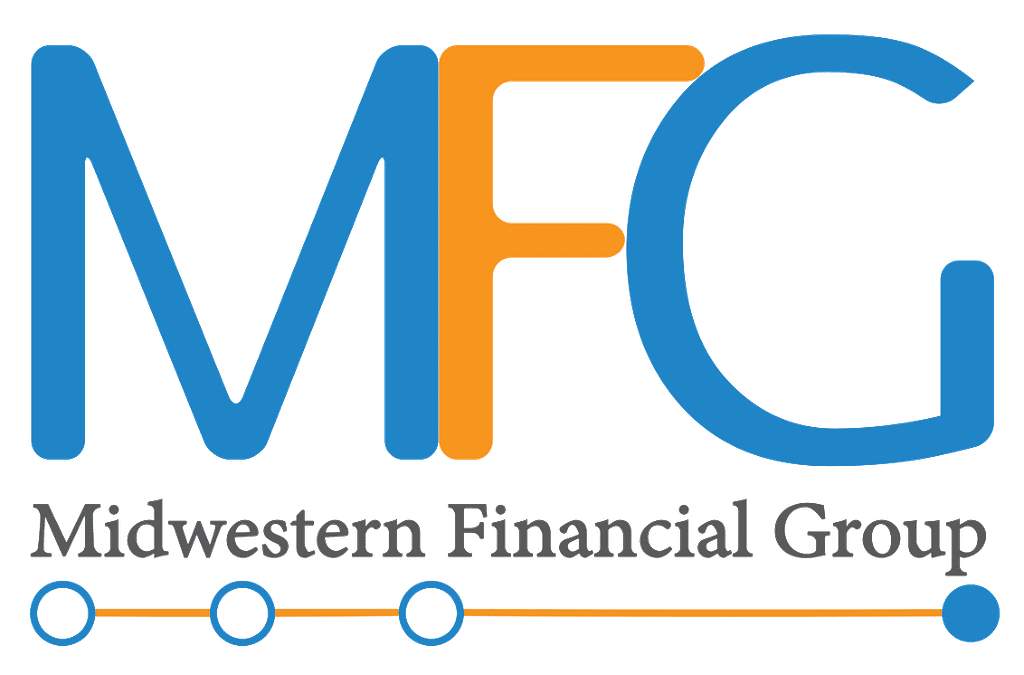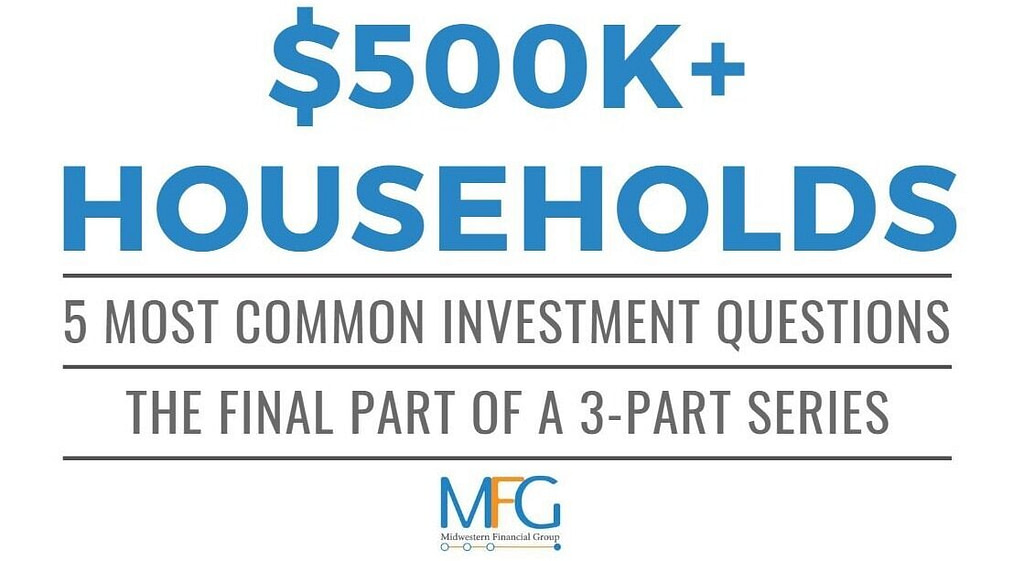Our 30s are typically accompanied by greater responsibility at work, a house to maintain on the weekends and children needing our attention. Given these duties, it’s easy to delay family financial decisions.
However, planning for your financial future in your 30s is important. To make things more manageable, below are 5 focus ideas to help improve your financial position.
PRESERVE WHAT YOU HAVE
No one enjoys buying life insurance but, at a minimum, someone in their 30s should have enough term life insurance to pay off their debts if tragedy occurs. More insurance may be needed if one spouse is the primary earner or there are goals to pay for children’s education. Although there are many factors to consider, do not allow this to delay purchasing. The chart below from Value Penguin displays the increase in annual life insurance premiums at different ages.

LIVE WITHIN YOUR MEANS
We’ve all been there. You get a raise and immediately think about what you can buy with your expanded income. This is what we call “lifestyle creep” because often as household income grows, so do household expenses.
By minimizing lifestyle creep you increase savings capacity and reduce your need for reliance of expensive debt. Financing lifestyle costs through credit card debt should be avoided. The Street’s chart below shows how credit card debt expands in our 30s.

ROTH 401K VERSUS PRE-TAX 401K
Decades ago, U.S. businesses saved for their workers and provided pension income in retirement, but 401k expansion has shifted the responsibility from the employer to the employee. Now the American worker not only has to decide the appropriate investment mix, but also if they should contribute pre- or post-tax earnings.
Like all financial decisions, many factors must be considered, but the primary question is: Is my current Federal income tax rate higher today than it will be in retirement? If you’re currently in a high tax bracket, pre-tax often makes the most sense. It allows you to keep more money in your pocket today.
If the pre-tax option is chosen, additional saving into a Roth IRA is another tax diversification strategy, subject to limitations. Typically for individuals early in their careers who have not maximized their earnings power, the Roth 401k makes the most sense.
PUT YOUR GOALS INTO ACTION
Like life insurance, delaying retirement or college savings requires higher contributions in the future to remain on track. At 35 years of age, $8,827 must be saved each year in order to accumulate $1,000,000 by age 65 (assuming 8% annual returns). If saving is delayed until age 40, the necessary annual savings increases to $13,679. But for a retirement goal, there is flexibility. If you do not save enough, you can delay retirement or spend less in retirement.
The same flexibility is not available when saving for a child’s college expenses. Little Jane is going to college after high school and suggesting she delay and live at home will not go well. Below are the required savings rates for 529s in order to pay for 50% of Jane’s school expenses at the University of Iowa (in-state). The first graph is the savings needed if 529s are established at Jane’s birth and the second graph is the savings needed if 529s are started when Jane’s in 2nd grade.


UTILIZE APPROPRIATE LEVERAGE
Many people want to remain debt free at all costs. Leverage is not for everyone and given the emotional appeal of being debt free, there is no correct answer. At MFG, our goal is enhancing financial outcomes and maintaining a mortgage amid historically low interest rates is often the optimized solution.
Beginning a 30-year mortgage at age 55 is not ideal given the proximity to retirement, but a 30-year mortgage at age 35 makes sense. The lower payment allows a family to save the extra cash flow into vehicles such as 401ks, IRAs, brokerage accounts and 529s. The chart below shows the steady decline in mortgage rates.
Assuming the stock market can produce a return higher than current rates, saving the cash flow difference instead of accelerating debt pay-down, will lead to a higher net worth in the future.

CONCLUSION
Most of us do not exercise enough or eat healthy seven days a week because habits are hard to form and maintain. Prudent financial decision making is even more difficult given the nuances of each decision. Complicating the planning process, we all weigh our options differently. Despite the difficult task, use this list to prioritize a few financial decisions, hopefully beginning a process of visualizing your financial future.



